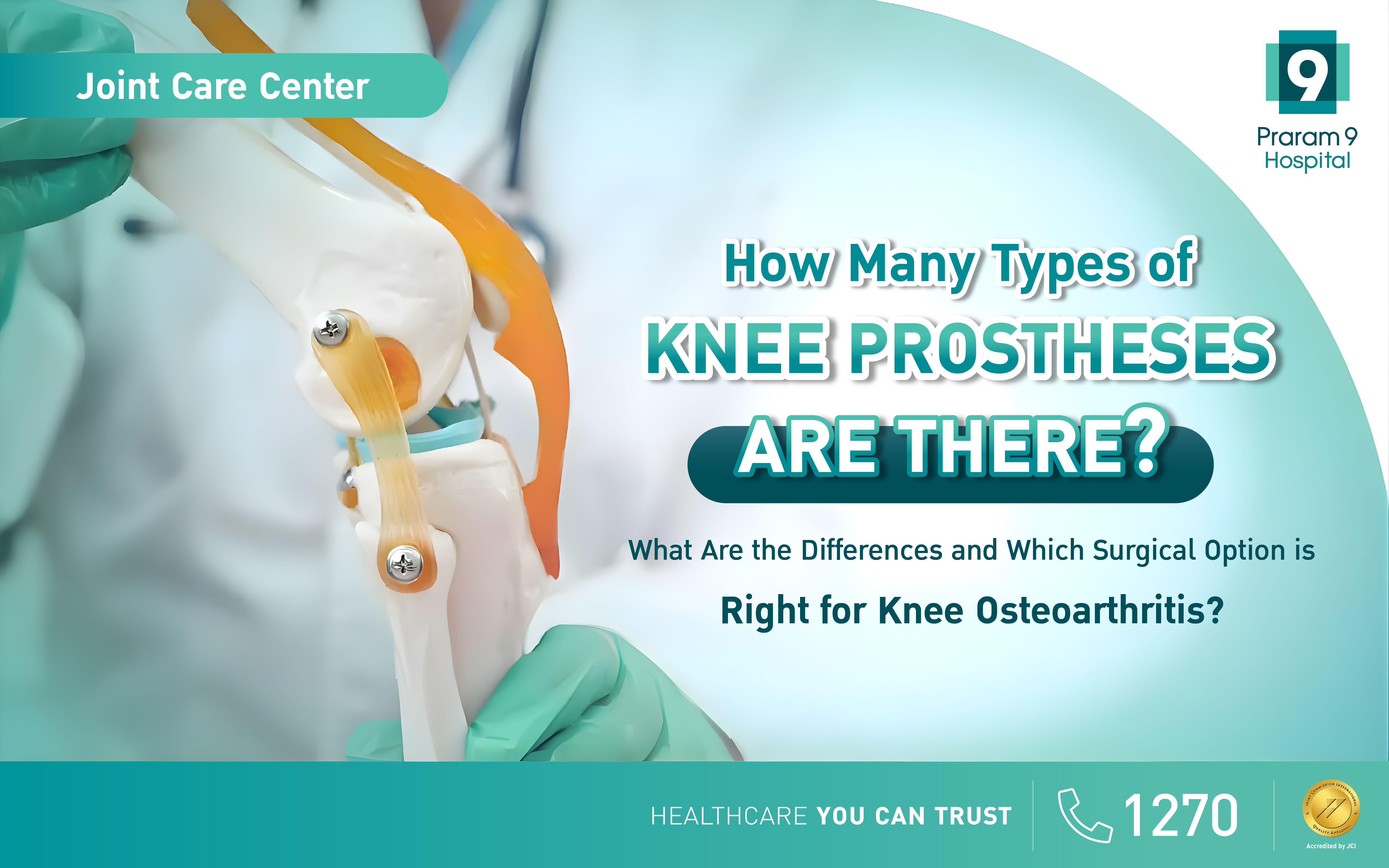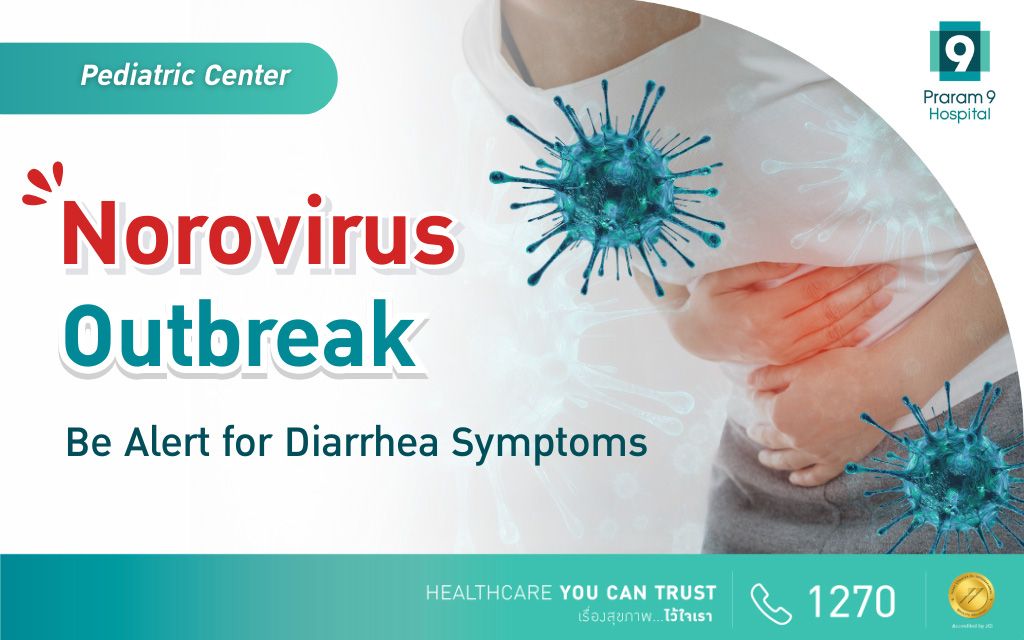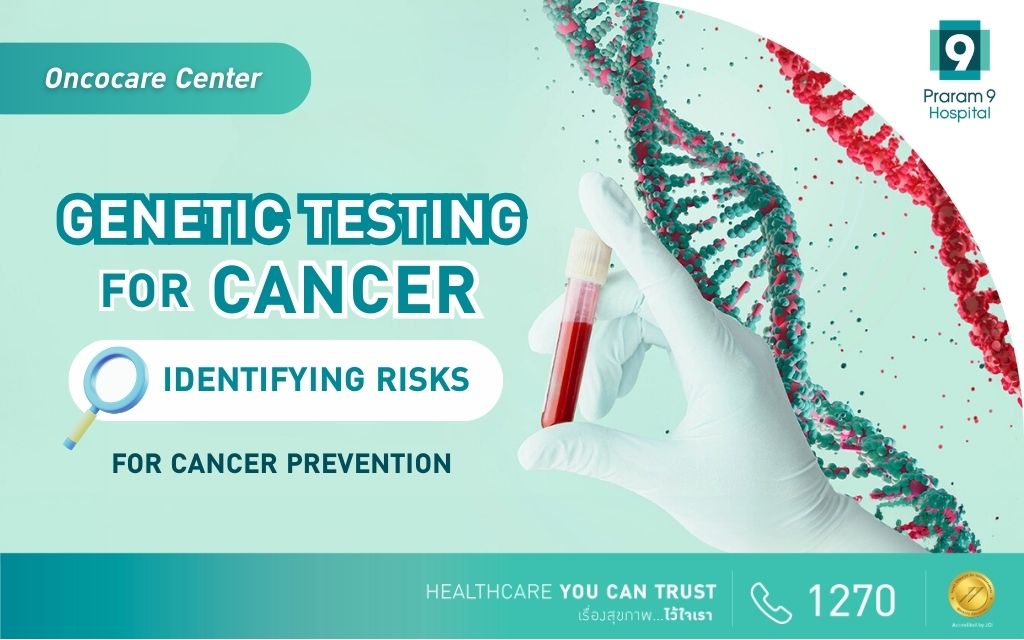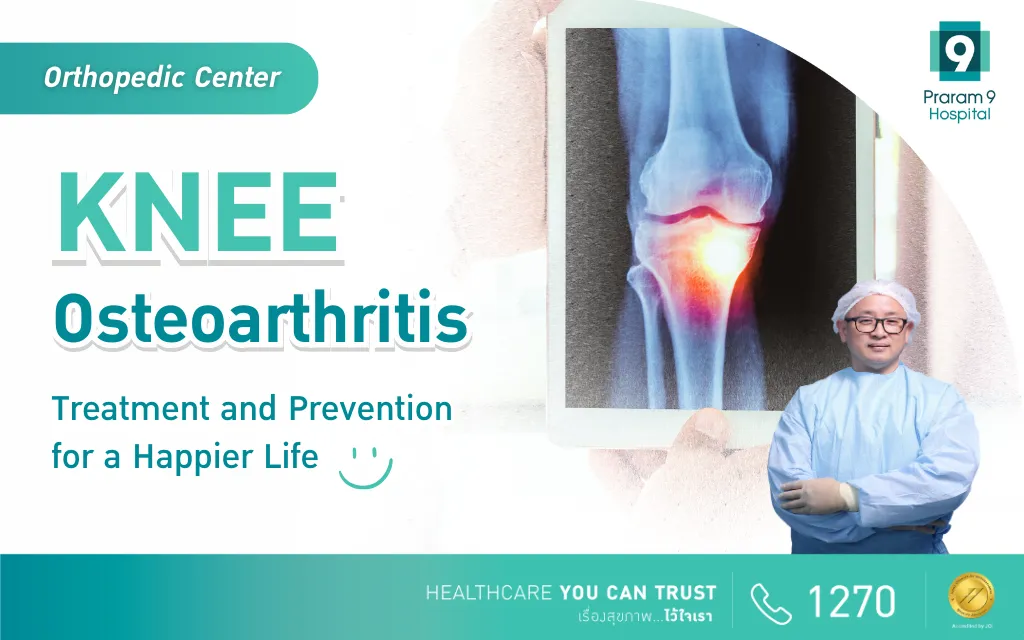Health Articles
Knowledge
Protect Yourself from Monkeypox: Know the Signs and Stay Safe
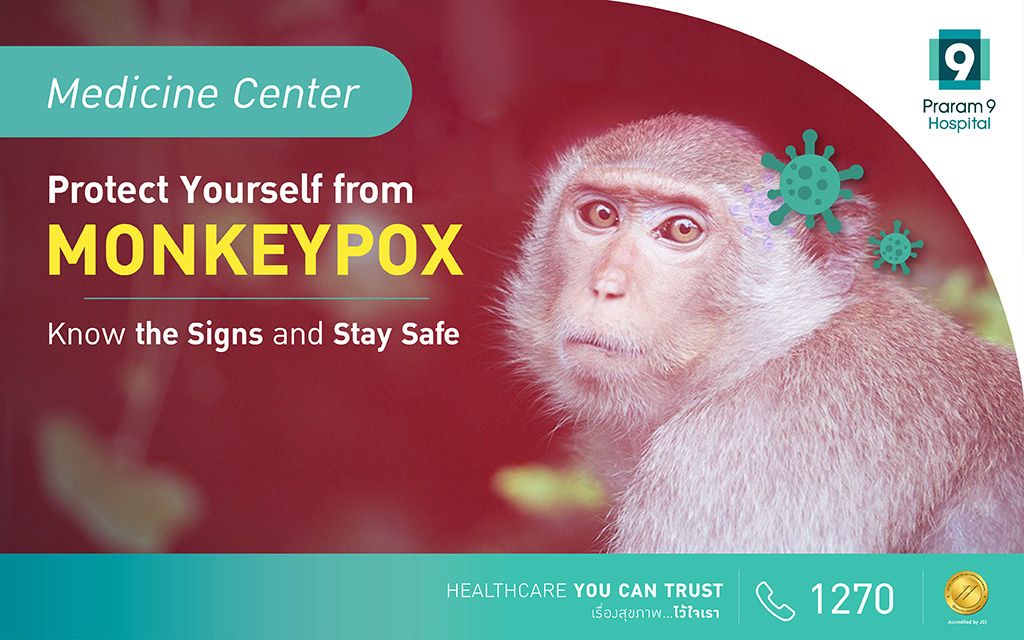
The World Health Organization (WHO) has declared a global health emergency due to a severe outbreak of monkeypox across Africa, where more than 450 deaths have been reported.
Previously, in 2022, the WHO declared a public health emergency due to an outbreak of Clade 2, which is known for its milder symptoms. Although Clade 2 spread to over 100 countries, including Europe and Asia, it resulted in more than 87,000 cases and 140 deaths, with a mortality rate of 4%. The outbreak was primarily concentrated among the LGBTQ+ community, which allowed for targeted vaccination efforts to contain it effectively.
This time, however, the outbreak involves Clade 1, which is much more severe, with a mortality rate of up to 10%. According to the Africa Centers for Disease Control and Prevention (Africa CDC), more than 14,500 monkeypox cases and over 450 deaths were reported between early 2024 and July, This represents a 160% increase in infections and a 19% increase in deaths compared to the same period in 2023.
What is Monkeypox?
Monkeypox is a viral disease that causes symptoms in humans similar to smallpox but generally less severe. The disease was first discovered in 1958 in sick monkeys, which led to its name. The first human case was reported in 1970 in the Democratic Republic of Congo. Monkeypox infections are mostly found in Central and West African countries.
The disease can be found in various animals, especially primates and rodents such as rats, squirrels, and rabbits. It can be transmitted from animals to humans, as well as from human to human through contact with bodily fluids, skin lesions, or respiratory droplets. However, human-to-human transmission is not yet widespread.
The current global outbreak of monkeypox involves two main clades:
- Clade 1, also known as the Central African clade, is more severe and can be fatal. It primarily spreads in Central and Eastern Africa, with a high mortality rate, especially among children and the elderly.
- Clade 2, or the West African clade, is much less severe than the Central African variant. This clade is the one currently spreading in Thailand and many other countries worldwide.
Scientists have identified that the virus underwent changes around September last year, leading to the emergence of a new variant known as Clade 1b. This variant has rapidly spread, and some experts have labeled it as the most dangerous strain seen so far.
Symptoms of Monkeypox
Monkeypox symptoms typically include fever, widespread pustular rashes, and swollen lymph nodes. After exposure, the virus incubates within the lymph nodes for 7 to 21 days before symptoms appear.
The illness typically begins with fever and swollen lymph nodes, followed by the appearance of rashes 1 to 2 days later. The rashes often start as sores in the mouth and then spread to the body, face, palms, and soles, ranging in size from 2 to 10 mm.
Over the next 2 to 4 weeks, the rashes progress from red bumps to blisters, eventually forming pustules. These pustules will rupture and dry out as the patient begins to recover.
The virus becomes contagious from the onset of fever and remains so until the pustules have fully ruptured and the lesions have completely dried.
How is Monkeypox Transmitted?
As mentioned earlier, monkeypox can be found in primates and rodents such as rats, squirrels, and rabbits. Both wild and domestic animals, as well as humans, can contract and carry the virus.
Transmission from Animals to Humans
Infection from animals to humans can occur through direct contact with the blood, bodily fluids, or pustules of an infected animal. It can also spread through bites or consuming undercooked meat from infected animals.
Transmission from Humans to Humans
Monkeypox can spread between humans in the following ways:
- Direct contact with lesions, pustules, or the fluid from ruptured pustules
- Respiratory droplets from coughing or sneezing
- Close physical contact, such as hugging, kissing, or sexual activity with an infected person
- Contact with contaminated objects, such as clothing or personal items that have been exposed to bodily fluids
- Transmission from mother to fetus during pregnancy
The virus is contagious from the onset of symptoms, especially when rashes or pustules appear, and remains so until the lesions have fully healed and crusted over.
How Dangerous is Monkeypox?
In most cases, monkeypox symptoms are mild, and patients can recover on their own. The symptoms often resemble those of chickenpox, with rashes and pustules that gradually heal. However, severe cases have been reported in some instances, particularly in West Africa, where a few patients have died due to complications from the virus.
While most infections are not life-threatening, the severity can vary depending on the strain of the virus, the patient’s overall health, and access to medical care. Vulnerable populations, such as young children, pregnant women, and individuals with weakened immune systems, are at higher risk of experiencing severe symptoms.
Prevention and Treatment of Monkeypox
Currently, there is no specific treatment for monkeypox. However, outbreaks can be managed by preventing infection. According to the World Health Organization (WHO), the smallpox vaccine is effective in preventing monkeypox, with an efficacy of at least 85%. Receiving the smallpox vaccine soon after exposure may reduce the severity of the disease and potentially prevent infection.
For severe cases of monkeypox, treatment includes administering the smallpox vaccine along with antiviral medications such as brincidofovir or cidofovir.
Preventing Transmission from Infected Individuals
- Isolation: Infected patients should be isolated in a separate room.
- Protective Measures: Patients should wear a mask and cover all rashes with clothing until they have healed, crusted over, and are no longer contagious.
In Thailand, individuals born before 1980 received the smallpox vaccine, which provides protection against monkeypox. However, those born after 1980 did not receive this vaccine and should rely on preventive measures to protect themselves from the disease.
Monkeypox in Thailand
(21 August 2024) The Department of Disease Control has identified the first suspected case of Clade 1b monkeypox (Mpox) in Thailand.
Thailand has previously reported cases of monkeypox. According to the Department of Disease Control, from 2022 until now, around 800 cases of Clade 2 have been detected in the country. Among these, over 140 cases were reported earlier in 2024.
The disease is often related to sexual contact, and individuals who succumb to the disease frequently also have HIV, which is a key factor in compromising the immune system. However, in most cases, the disease resolves on its own unless the patient has a weakened immune system or other complications, which can lead to death.
The Department of Disease Control provides the following recommendations for both travelers and residents:
- Avoid Contact with Potential Carriers: Stay away from rodents (e.g., rats, squirrels) and primates (e.g., monkeys). If contact with animals occurs, wash your hands with soap and clean water immediately.
- Follow Universal Prevention Measures: Regularly wash hands with soap or alcohol-based gel, use personal items exclusively, avoid touching your face, and ensure food is thoroughly cooked.
- Avoid Contact with Contaminants: Refrain from touching bodily fluids, wounds, or blood of infected animals, and avoid consuming undercooked meat from potentially infected sources. Additionally, avoid contact with the bodily fluids of suspected or known infected individuals.
- Monitor Health After Travel: If you have traveled to an outbreak area and notice symptoms such as fever or rashes on your face, arms, and legs, seek medical attention promptly and provide your travel history.
Staying vigilant and following these guidelines can help prevent the spread of monkeypox.
Conclusion
Monkeypox is a zoonotic disease, meaning it can be transmitted from animals to humans. The current outbreak is particularly concerning, with increasing reports of human-to-human transmission transmission in various countries. In Thailand, recent reports indicate domestic transmission of monkeypox, suggesting a growing local spread of the disease.
Currently, there is no specific vaccine or treatment for monkeypox. The World Health Organization (WHO) and Thailand’s Department of Disease Control recommend following preventive measures to protect yourself. Although the risk of widespread transmission remains low, it is essential to stay vigilant and keep updated on the outbreak situation.
You can consult a doctor from anywhere through video calls.

